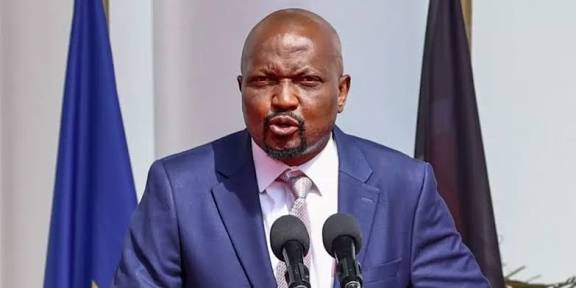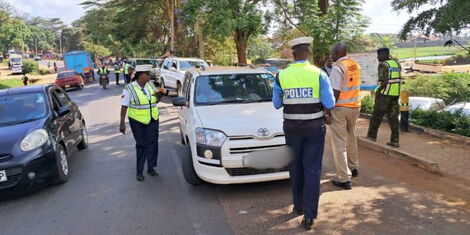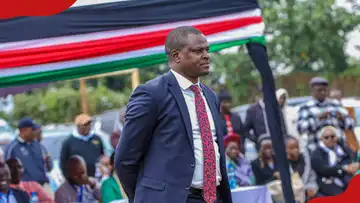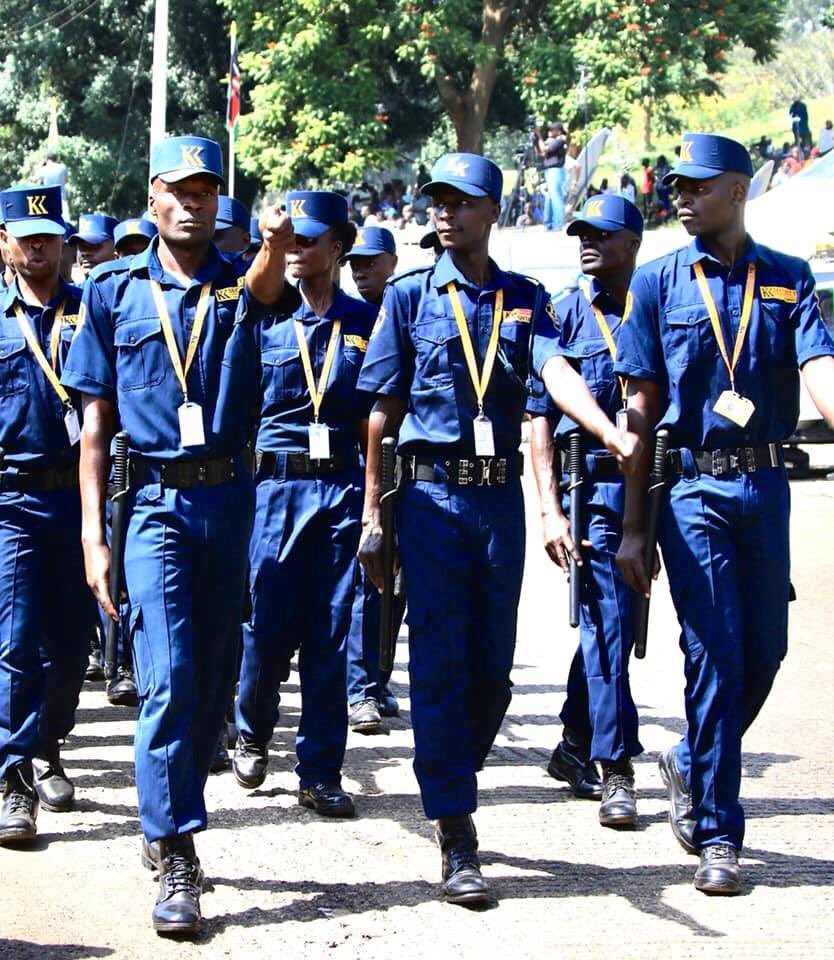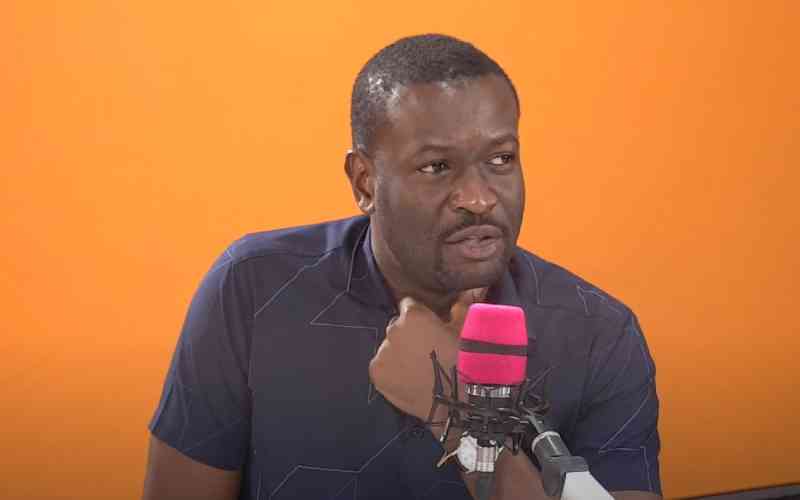
Kenyan Senator Edwin Sifuna has launched a fierce attack on President William Ruto’s apology to Tanzania and Uganda, following shocking claims of abuse against Kenyan activist Boniface Mwangi and Ugandan human rights defender Agatha Atuhaire at the hands of Tanzanian police.
The two activists were in Tanzania on May 18 to observe court proceedings involving opposition leader Tundu Lissu—but what followed has sparked regional uproar.—Dragged from a hotel, tortured, and threatened with sexual violence.
That’s the chilling account emerging from Mwangi, who says he and Atuhaire were detained, humiliated, and brutalized while in Tanzanian custody. “They took us from our hotel. We were beaten, harassed, and threatened,” Mwangi said, adding that a police officer, known only as Mafwele, allegedly made horrifying threats, including forced circumcision and rape.
“Withdraw that apology!” — Sifuna goes on the Offensive while President Ruto offered a diplomatic olive branch during the National Prayer Breakfast on May 28—asking Tanzania and Uganda for forgiveness if Kenya had wronged them—Sifuna’s response was scathing.

“Withdraw that apology and demand one from Tanzania instead,” the Nairobi Senator declared, calling the gesture weak in the face of what he described as “an attack on East African democracy.”
Calls for bold action: Ban Tanzanian leaders, boycott AFCON Sifuna isn’t stopping at words. He’s calling for immediate government action—including banning Tanzanian ruling party CCM officials from entering Kenya, and withdrawing from co-hosting the 2027 Africa Cup of Nations with Tanzania.
He also demanded the relocation of the prestigious East Africa Law Society conference, currently scheduled for June 2025 in Zanzibar. Rights groups demand justice The Law Society of Kenya, Amnesty International, and other major human rights organizations have rallied behind the activists, demanding a full investigation by the East African Legislative Assembly (EALA).
They insist the ordeal amounted to torture and gross violations of international law.
“They were held for four days. No medical care. No lawyers. No contact with family,” a joint statement read. “This is a stain on regional cooperation.” What’s next? Kenya watches closely.
As pressure mounts on the Ministry of Foreign Affairs and EALA, Kenyans are left wondering: will the government stand firm for its citizens—or fold under diplomatic pressure?
This is not just about two activists. It’s about sovereignty, human rights, and Kenya’s role in the region.



